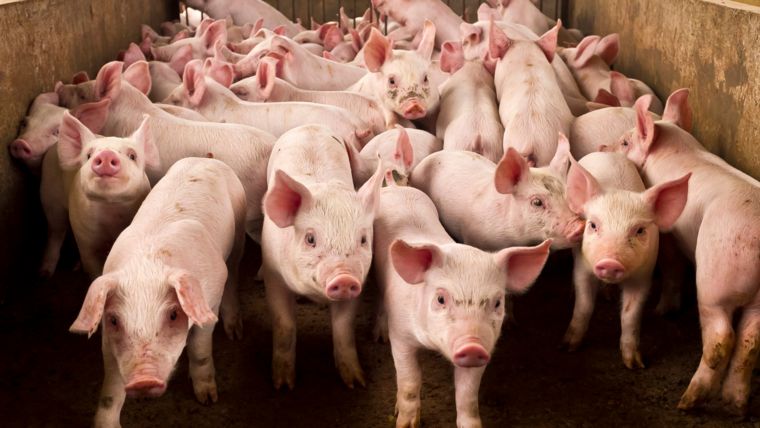Producers need to start implementing alternative post-weaning diarrhoea (PWD) management strategies now to avoid pig health and performance plummeting once zinc oxide is removed.
This was the overarching message from a recent Elanco seminar, which looked at the options for managing PWD going forward.
Speaking at the event, Faye Murch, consultant at Kingsgate Nutrition, warned that successful management of PWD would be a challenge and emphasised the importance of collaboration between the vet, nutritionist, and producer, in tackling this multifactorial problem.
“Zinc oxide is something of a wonder drug that can hide a lot of potential issues on farm,” said Mrs Murch. “There’s not one single solution to replace it and a multi-faceted approach is going to be required.”
Mrs Murch said good nutrition is one key component in helping manage PWD, although it will not be a silver bullet cure.
“Current nutritional strategies are largely centred around supporting gut health and maximising beneficial bacteria.
“These include increasing the fibre content of diets to control the speed feed is passing through the gut and reducing crude protein levels to maintain gut health. The use of probiotics is also potentially an option,” she said.
Francesc Molist, research and development manager at Schothorst Feed Research, noted that it is also important to avoid overfeeding to maintain a healthy gut microbiome. “Excess nutrients from overfeeding, will act as a feed source for bacteria which may predispose the animal to disease.”
Dr Eric Nadeau, Elanco global pig vaccine advisor, went on to highlight vaccination as a key tool for managing PWD going forward but said it should be supported by other measures such as good hygiene and biosecurity for optimal results.
“Around 65% of farms in the UK have PWD and the F4 and F18 strains of enterotoxigenic E.Coli are responsible for between 50 and 80% of cases.
“Farms vaccinating with Coliprotec™ – an in-water oral vaccine that protects against the two prominent strains – have seen good results in terms of improved performance and reduced antimicrobial use,” said Dr Nadeau.
Research shows vaccination with Coliprotec™ can achieve an extra 2kg of slaughter weight[1] and help pigs reach market weights seven days sooner[2].
The level of efficacy however is very dependent on correct administration. Vet Daniel Parker shared some lessons learned from the poultry industry, where oral based vaccines delivered through water lines are common practice.
He highlighted the importance of correct vaccine storage, preparation of the water lines to both eliminate chlorine and remove any biofilm, and adequate vaccination time which can be monitored by using a dye.




